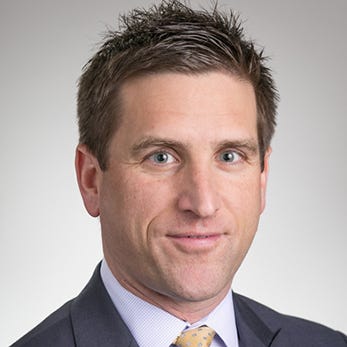What Clients Should Know About Their Family TrustWhat Clients Should Know About Their Family Trust
It’s critical that the couple understand and adhere to the rules governing their acts.

Married clients often establish a Family Trust to control the disposition of their assets. It’s critical that the couple adhere to the rules governing their acts in that context.
The Basics
The Family Trust typically will provide that on the first spouse to pass, the trustee must divide the assets into two sub-trusts: a sub-trust containing the surviving spouse’s separate property and one-half community property (Sub-Trust A); and a sub-trust containing the deceased spouse’s separate property and one-half community property (Sub-Trust B). The Family Trust typically will provide that the surviving spouse will serve as the trustee of both sub-trusts. The Family Trust typically will provide that the surviving spouse can modify the terms of Sub-Trust A, but can’t modify the named beneficiaries and other terms of Sub-Trust B.
Separate property is property owned by either spouse before marriage; property acquired during marriage by gift or inheritance; property acquired during marriage with the expenditure of separate funds; and income derived from separate property. Community property is property other than separate property acquired by either spouse during marriage, such as salaries and income from community assets.
Transmuting Property
During their lifetimes, clients may transmute (that is, change the form of) property, whether from separate to community, from community to separate or from the separate property of one spouse to the separate property of the other spouse. A transmutation isn’t valid unless made in writing by an express declaration that’s made, joined in, consented to or accepted by the spouse whose interest in the property is adversely affected. The writing must contain language that expressly states that the characterization or ownership of the property is being changed.
Even when the transmutation requirements are met, if one spouse gains an advantage over the other spouse in the transaction, a presumption arises that the transaction resulted from undue influence. If challenged, the advantaged spouse must show that the other spouse acted freely and voluntarily, with full knowledge of the facts and with a complete understanding of the transaction’s effect.
Trustee’s Duties
A challenge is more likely when the deceased spouse named as beneficiaries of Sub-Trust B individuals other than the spouses’ children, for example, the deceased spouse’s children from a prior marriage. The surviving spouse, as trustee, must comply with his trustee duties, which include a duty: of loyalty to the beneficiaries, to deal impartially with them, to avoid conflicts of interest, to preserve trust property, to keep trust property separate from non-trust property and to enforce claims that are part of the trust property. The trustee is subject to the prudent investor rule, which requires the trustee to devise a strategy for investment of the assets having risk and return objectives reasonably suited to the trust. The trustee also has a duty to diversify the trust investments unless, under the circumstances, it’s prudent not to do so.
Establishing a family trusts is not a fire and forget solution. It requires the assumption of a great deal of responsibility, fiduciary and otherwise. Ensure your clients fully understand what's required of them before setting up such a vehicle.
About the Author
You May Also Like







